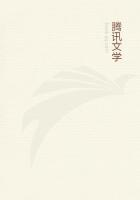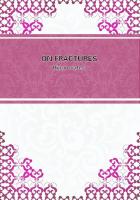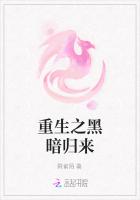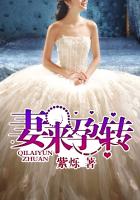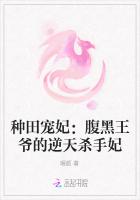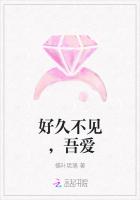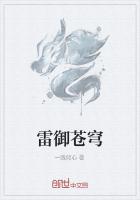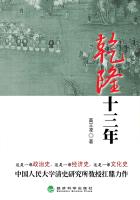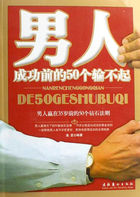[If the use of these extravagant feathers and head-dresses had continued, say the memoirs of that period very seriously, it would have effected a revolution in architecture. It would have been found necessary to raise the doors and ceilings of the boxes at the theatre, and particularly the bodies of carriages. It was not without mortification that the King observed the Queen's adoption of this style of dress: she was never so lovely in his eyes as when unadorned by art. One day Carlin, performing at Court as harlequin, stuck in his hat, instead of the rabbit's tail, its prescribed ornament, a peacock's feather of excessive length. This new appendage, which repeatedly got entangled among the scenery, gave him an opportunity for a great deal of buffoonery. There was some inclination to punish him; but it was presumed that he had not assumed the feather without authority.-NOTE BY THE EDITOR.]
Innumerable caricatures, exhibited in all directions, and some of which artfully gave the features of the Queen, attacked the extravagance of fashion, but with very little effect. It changed only, as is always the case, through the influence of inconstancy and time.
The Queen's toilet was a masterpiece of etiquette; everything was done in a prescribed form. Both the dame d'honneur and the dame d'atours usually attended and officiated, assisted by the first femme de chambre and two ordinary women. The dame d'atours put on the petticoat, and handed the gown to the Queen. The dame d'honneur poured out the water for her hands and put on her linen. When a princess of the royal family happened to be present while the Queen was dressing, the dame d'honneur yielded to her the latter act of office, but still did not yield it directly to the Princesses of the blood; in such a case the dame d'honneur was accustomed to present the linen to the first femme de chambre, who, in her turn, handed it to the Princess of the blood. Each of these ladies observed these rules scrupulously as affecting her rights. One winter's day it happened that the Queen, who was entirely undressed, was just going to put on her shift; I held it ready unfolded for her; the dame d'honneur came in, slipped off her gloves, and took it. A scratching was heard at the door; it was opened, and in came the Duchesse d'Orleans: her gloves were taken off, and she came forward to take the garment; but as it would have been wrong in the dame d'honneur to hand it to her she gave it to me, and I handed it to the Princess. More scratching it was Madame la Comtesse de Provence; the Duchesse d'Orl4ans handed her the linen. All this while the Queen kept her arms crossed upon her bosom, and appeared to feel cold; Madame observed her uncomfortable situation, and, merely laying down her handkerchief without taking off her gloves, she put on the linen, and in doing so knocked the Queen's cap off. The Queen laughed to conceal her impatience, but not until she had muttered several times, "How disagreeable! how tiresome!"
All this etiquette, however inconvenient, was suitable to the royal dignity, which expects to find servants in all classes of persons, beginning even with the brothers and sisters of the monarch.
Speaking here of etiquette, I do not allude to majestic state, appointed for days of ceremony in all Courts. I mean those minute ceremonies that were pursued towards our Kings in their inmost privacies, in their hours of pleasure, in those of pain, and even during the most revolting of human infirmities.
These servile rules were drawn up into a kind of code; they offered to a Richelieu, a La Rochefoucauld and a Duras, in the exercise of their domestic functions, opportunities of intimacy useful to their interests; and their vanity was flattered by customs which converted the right to give a glass of water, to put on a dress, and to remove a basin, into honourable prerogatives.
Princes thus accustomed to be treated as divinities naturally ended by believing that they were of a distinct nature, of a purer essence than the rest of mankind.
This sort of etiquette, which led our Princes to be treated in private as idols, made them in public martyrs to decorum. Marie Antoinette found in the Chateau of Versailles a multitude of established customs which appeared to her insupportable.
The ladies-in-waiting, who were all obliged to be sworn, and to wear full Court dresses, were alone entitled to remain in the room, and to attend in conjunction with the dame d'honneur and the tirewoman. The Queen abolished all this formality. When her head was dressed, she curtsied to all the ladies who were in her chamber, and, followed only by her own women, went into her closet, where Mademoiselle Bertin, who could not be admitted into the chamber, used to await her. It was in this inner closet that she produced her new and numerous dresses. The Queen was also desirous of being served by the most fashionable hairdresser in Paris. Now the custom which forbade all persons in inferior offices, employed by royalty, to exert their talents for the public, was no doubt intended to cut off all communication between the privacy of princes and society at large; the latter being always extremely curious respecting the most trifling particulars relative to the private life of the former.
The Queen, fearing that the taste of the hairdresser would suffer if he should discontinue the general practice of his art, ordered him to attend as usual certain ladies of the Court and of Paris; and this multiplied the opportunities of learning details respecting the household, and very often of misrepresenting them.
One of the customs most disagreeable to the Queen was that of dining every day in public. Maria Leczinska had always submitted to this wearisome practice; Marie Antoinette followed it as long as she was Dauphiness. The Dauphin dined with her, and each branch of the family had its public dinner daily. The ushers suffered all decently dressed people to enter; the sight was the delight of persons from the country.

